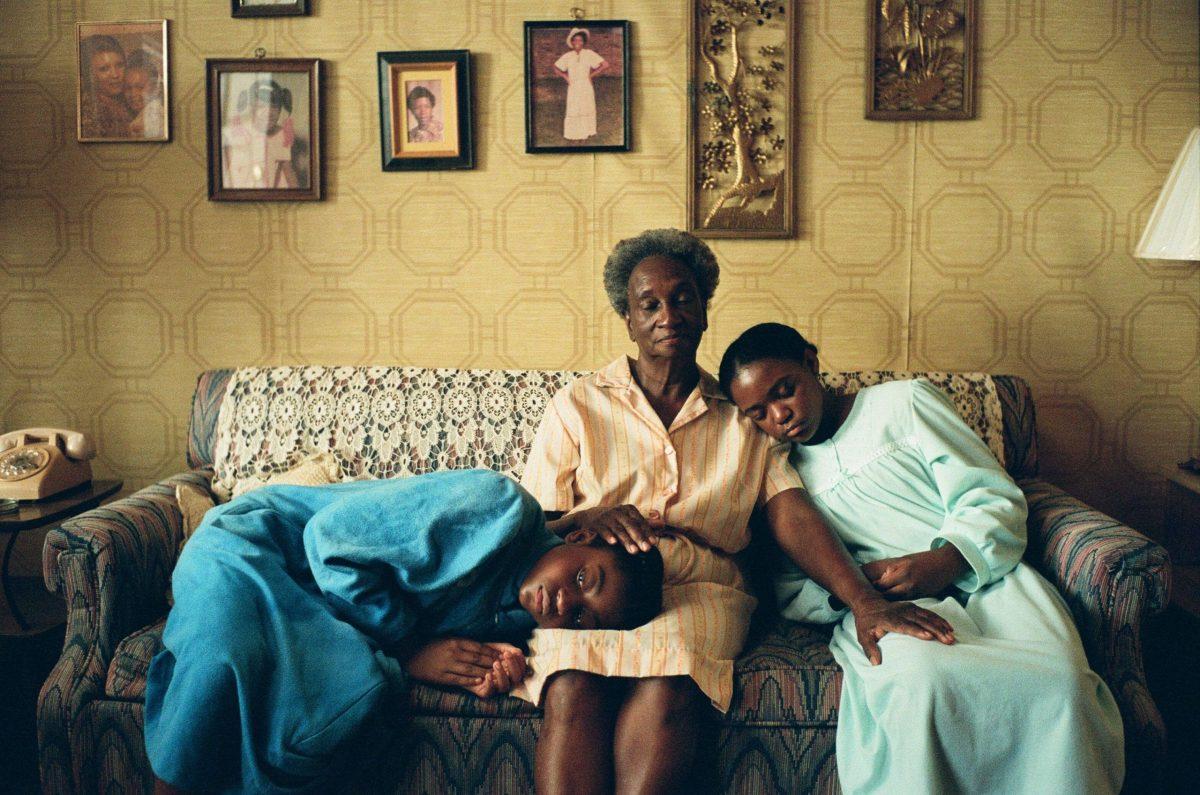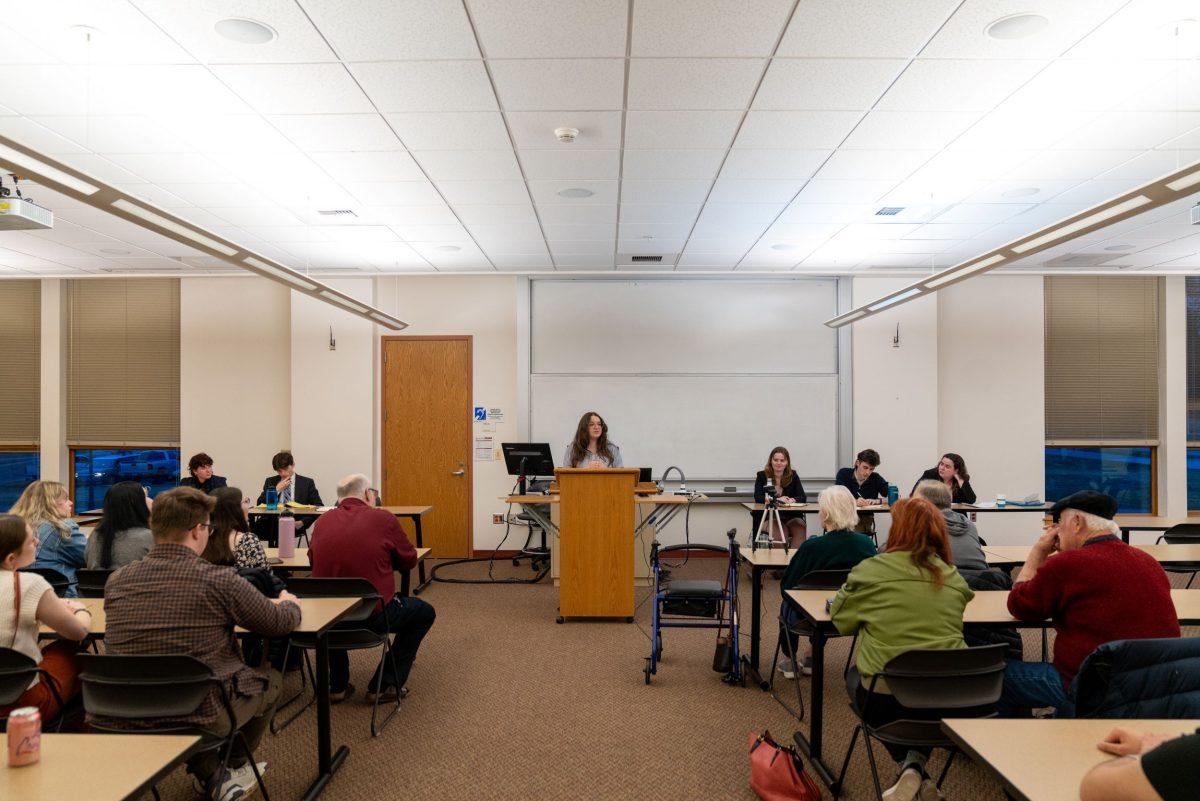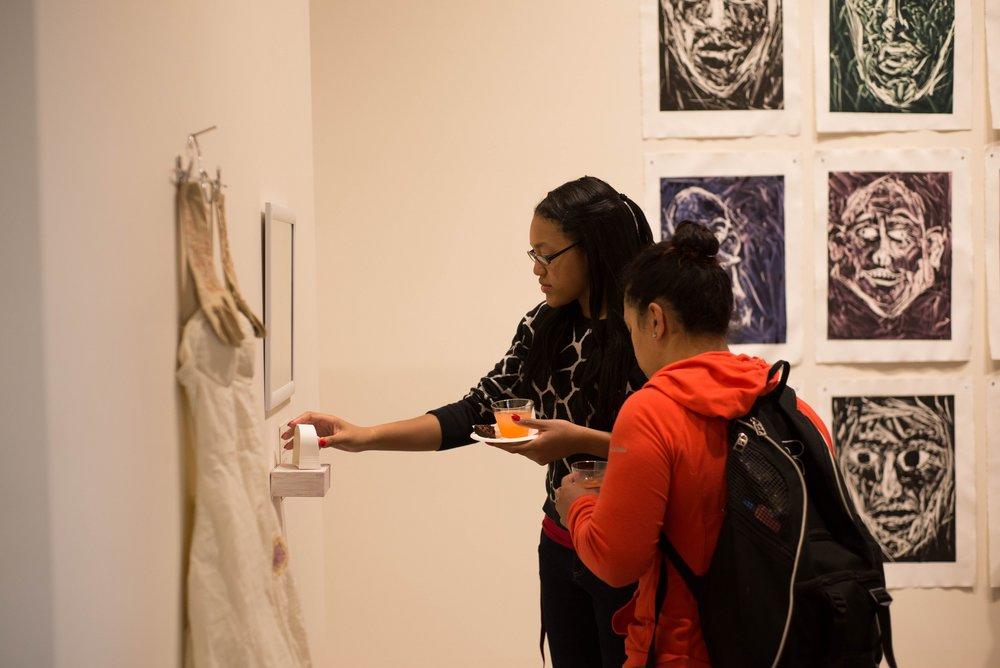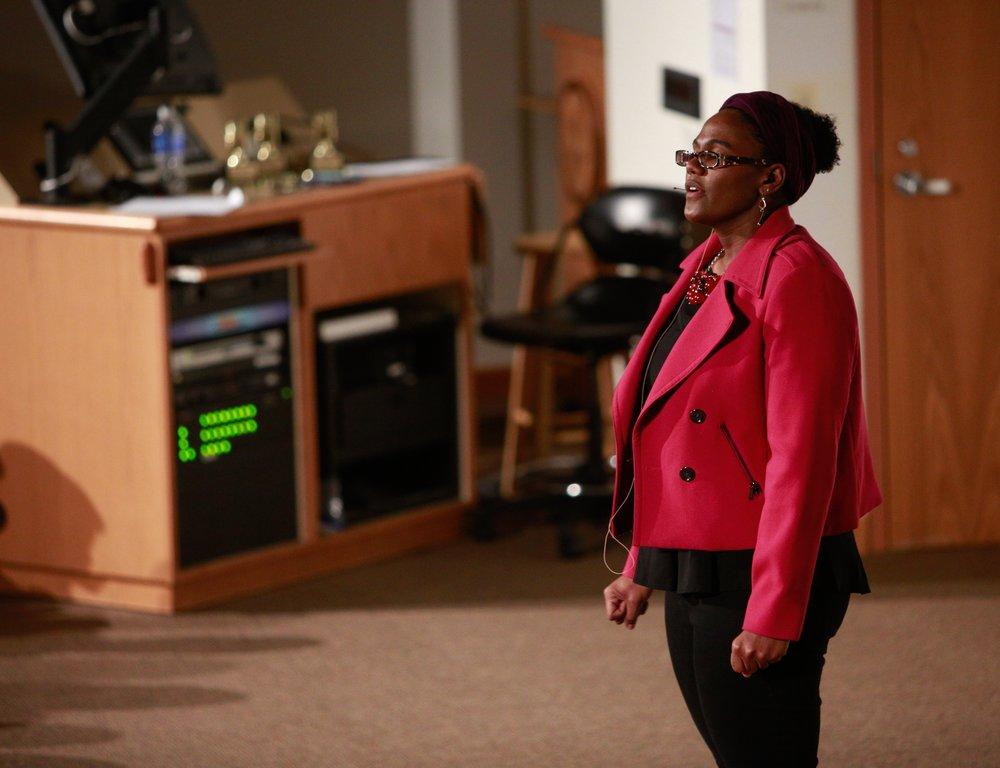Courses that include narratives of historically marginalized groups are offered as electives and not part of core curriculum, said Kellie Carter Jackson, Ph.D. Members of the Whitworth community gathered Feb. 23 to listen to Jackson speak on why black perspectives matter in history.Jackson is a 19th-century historian and was a Harvard College Fellow in the department of African & African American studies before she became a history professor at Hunter College, City University of New York. For students who do not study history, the African American figures that they recognize are limited to maybe two per century, which is a problem, Jackson said.
“I’m always asking students, pay attention to perspective,” Jackson said. “Pay attention to what’s being included. Pay attention to what’s not being included.”
Jackson gave a brief overview of the black perspective of history. Instead of speaking about the Atlantic slave trade, Jackson spoke about Mansa Musa. Musa was not only the richest African to ever live, but the richest person. Yet, students often do not learn about the kingdoms of Africa before colonization began, Jackson said.
Several presidents of the country were slaveholders who made their livelihood by owning tobacco plantations, Jackson said. George Washington lived in Virginia, the largest slave-owning colony. By the end of his lifetime he had 300 slaves.
“While [George Washington] is fighting for liberty and freedom16 of his slaves run away and he sends out slave catchers to find them,” Jackson said. “While he’s fighting for liberty and freedom he’s hiring slave catchers to bring back his slaves.”
Jackson spoke about the Haitian revolution and how it is rarely discussed. Those enslaved in Haiti started a rebellion to overturn slavery and they won. That was a transformative moment because slaves fought against their enslavement and won freedom for themselves, Jackson said. How they fought and how the Haitian slaves fought to create the first black nation spread throughout the Western Hemisphere.
“It’s the only revolution because they actually free their slaves. They actually abolish slavery,” Jackson said.
Junior Austriauna Brooks attended the event because she was interested in hearing a black woman’s perspective since it is usually the male perspective.
“I think a lot of people are going to leave mad,” Brooks said. “You know, there are a couple things that people can do with that. One, you have a conversation about it with other people who live in this perspective or they’re just going to stay ignorant about things. Some people will take away from the perspective but be passive about the issue at hand.”
Jackson also talked about the Underground Railroad and how Harriet Tubman played a crucial role in the railroad, but how William Still was the father of the Underground Railroad. In his lifetime he helped over 800 people, Jackson said.
Senior Kamau Chege attended the event because he saw the posters for the lecture around campus and was interested in hearing from Jackson.
“I think with most of these things, [people will] come, they’ll listen and then they’ll dismiss it,” Chege said.
Skipping to the 19th century, the Plessy v. Ferguson case resulted in the creation of separate but equal legislation. Segregation does not just create separation; it creates a negative connotation with being black and it tells white people that they are special and better, Jackson said. The black doll test implemented by psychologist Kiri Davis in 1954 showed a damaging psychological effect on black children. When black children were presented with a black doll and a white doll and asked which was the bad doll, they pointed to the black one. For all the positive questions asked, the children largely pointed to the white doll and pointed to the black doll for all the negatives questions asked.
“It’s so disturbing because even at a young age…you don’t have to tell students, you don’t have to tell children who’s the smart race, who’s the pretty race because every sign is pointing to them,” Jackson said. “And it shows the damages of being white and the damages of being black.”
Since apps like Yik Yak give users the opportunity to stay anonymous, ignorance in the Whitworth community is shown, Brooks said. People are comfortable with that anonymity. However, students didn’t engage with a student leader last year to talk about the conversations around a sit-in that several students held when that conversation was offered.
“Whenever [Whitworth students] have to be uncomfortable with conversations like this, that’s something that they don’t want to do,” Chege said. “Either they don’t have that conversation to begin with or quickly change the subject.”
Contact Krystiana at [email protected]








